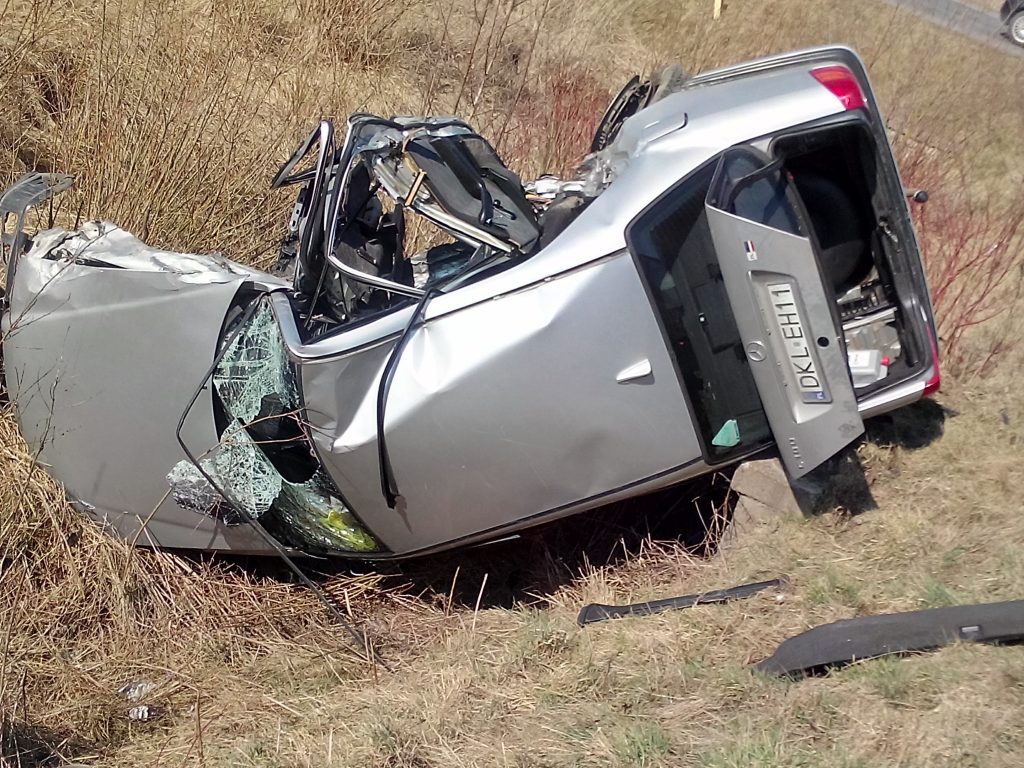 Car accidents can often give rise to lawsuits with complicated issues of causation and damages. Often, one or both sides will have expert witnesses to help explain complicated issues to the jury. What happens if one side argues the other side’s expert witness should not be allowed to testify as an expert witness?
Car accidents can often give rise to lawsuits with complicated issues of causation and damages. Often, one or both sides will have expert witnesses to help explain complicated issues to the jury. What happens if one side argues the other side’s expert witness should not be allowed to testify as an expert witness?
Sherman Turner was driving an 18-wheeler owned by AAA Cooper, his employer. While on the job and making a delivery in Alexandria, Louisiana, he accidentally missed where he was supposed to turn. Turner turned into another street to turn around the 18-wheeler. Chelsea Mace claimed she turned on to the same street as Turner, saw the 18-wheeler, and stopped her car five feet behind it. She claimed while her car was stopped, Turner started to reverse the 18-wheeler and ran into her car. Mace claimed as a result of the accident, she injured her back and her doctor recommended she undergo a lumbar fusion. A jury found Turner was not at fault for the accident. Mace appealed.
On appeal, Mace argued the trial court erred in allow defendant’s expert, Joseph Peles to testify as an expert in accident reconstruction and biomechanical engineering. Article 702 of the Louisiana Code of Evidence governs whether given expert testimony is admissible. At trial, Mace filed a Daubert challenge, arguing Peles should not be allowed to testify as an expert. Prior to being qualified as an expert, Peles explained his education and professional background involving biomechanical engineering and reconstruction.
 Louisiana Personal Injury Lawyer Blog
Louisiana Personal Injury Lawyer Blog


 Under the Louisiana Recreational Use Immunity Statues, owners and operators of property used for recreational purposes are immune for liability for tortious acts. Does this immunity apply when a child is injured playing in a gated residential community?
Under the Louisiana Recreational Use Immunity Statues, owners and operators of property used for recreational purposes are immune for liability for tortious acts. Does this immunity apply when a child is injured playing in a gated residential community? 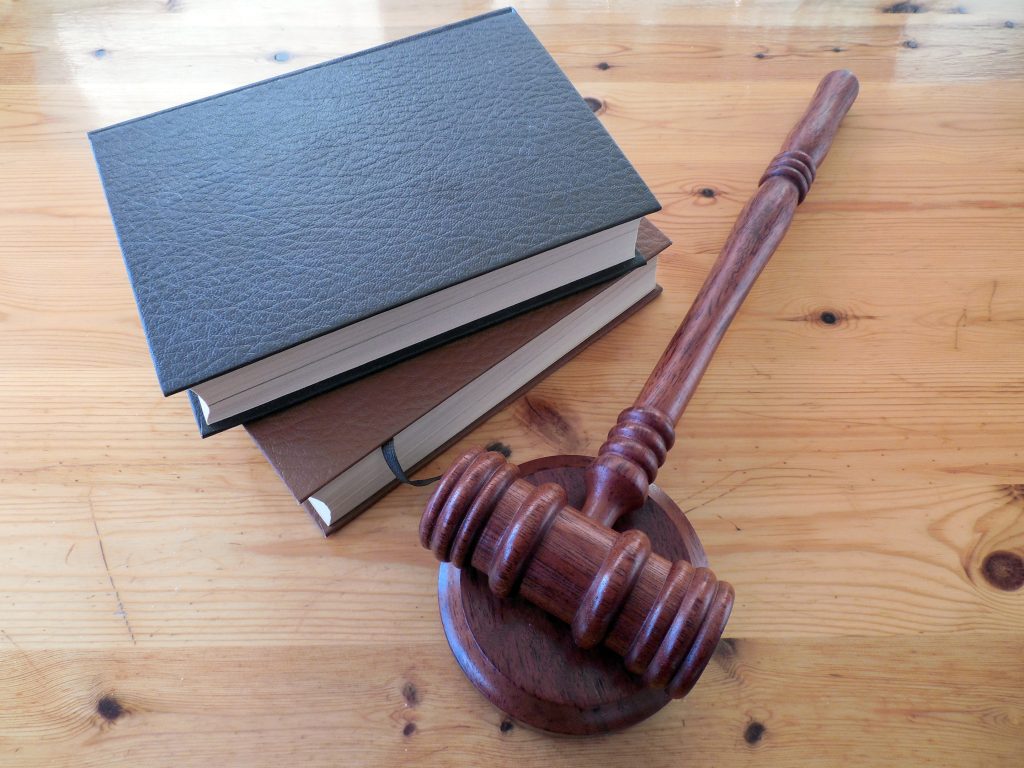 If you retain a lawyer, you expect they will fairly represent you. What happens if after you hired a lawyer, you learn that lawyer had previously represented one of the parties you are suing, multiple times? Just like in other lawsuits, it is essential that you file any lawsuit within the required time period for bringing a claim. If you wait too long, then a court may be unable to hear your claim.
If you retain a lawyer, you expect they will fairly represent you. What happens if after you hired a lawyer, you learn that lawyer had previously represented one of the parties you are suing, multiple times? Just like in other lawsuits, it is essential that you file any lawsuit within the required time period for bringing a claim. If you wait too long, then a court may be unable to hear your claim.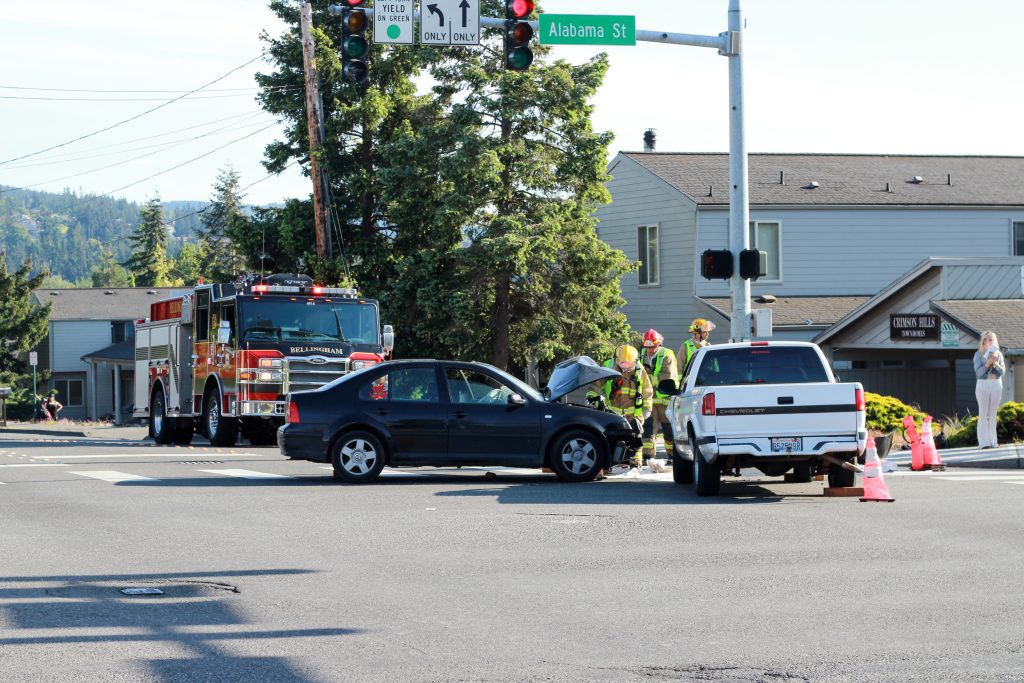 If you purchase an under or uninsured insurance policy, you might expect it to cover you if you are involved in a car accident. However, such insurance policies only apply in limited circumstances. By understanding your under or uninsured insurance policy and what evidence is required to establish your damages, you can avoid surprises down the road.
If you purchase an under or uninsured insurance policy, you might expect it to cover you if you are involved in a car accident. However, such insurance policies only apply in limited circumstances. By understanding your under or uninsured insurance policy and what evidence is required to establish your damages, you can avoid surprises down the road.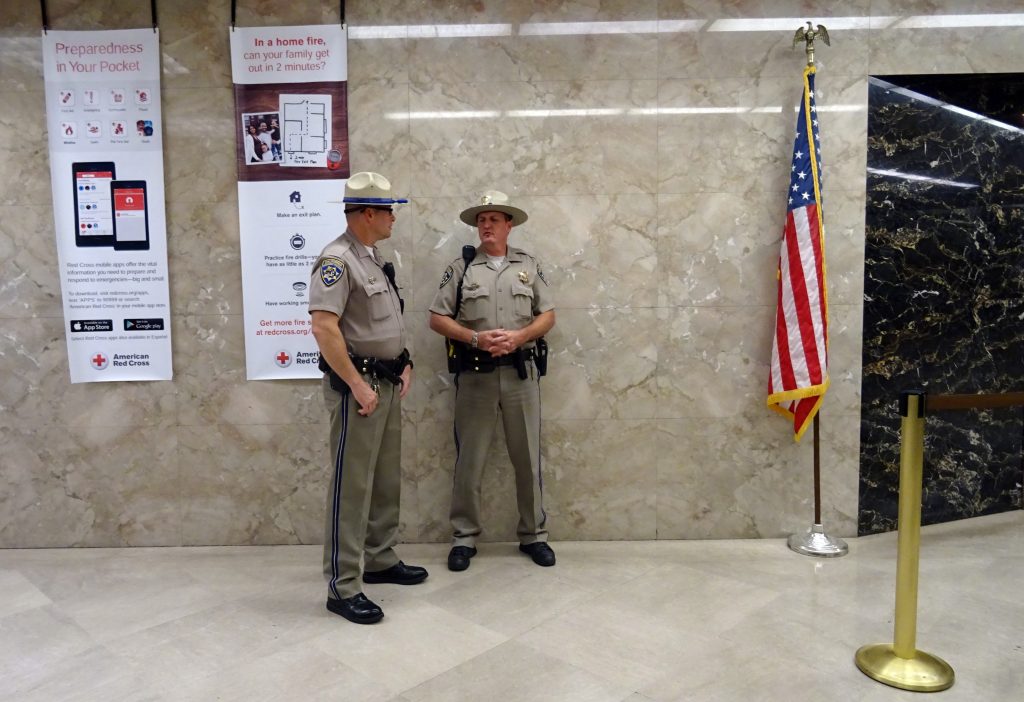 Although the Constitution provides for the right to an attorney in criminal cases, this right does not apply to civil cases. What happens if you bring a claim for excessive force but your attorney withdraws? Are you entitled to have counsel appointed to represent you?
Although the Constitution provides for the right to an attorney in criminal cases, this right does not apply to civil cases. What happens if you bring a claim for excessive force but your attorney withdraws? Are you entitled to have counsel appointed to represent you? 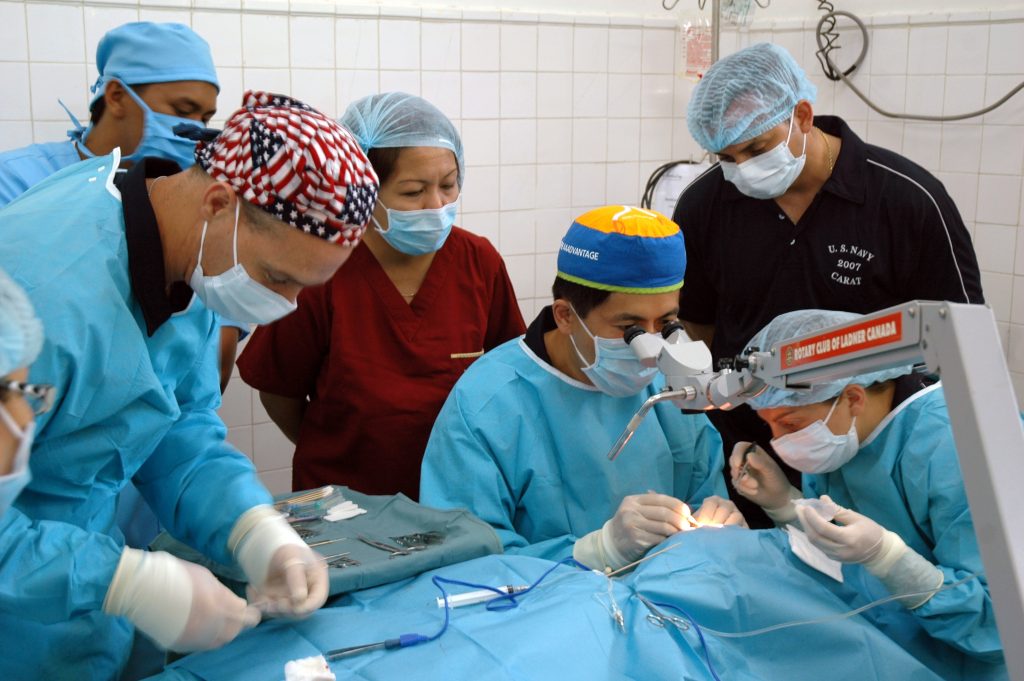 Undergoing a surgery is always a nerve-wracking experience. You want to be able to trust that your surgeon conducted and reviewed the appropriate pre-operative tests. Can a surgeon be held liable if he or she fails to review the results of the pre-operative tests before performing the surgery?
Undergoing a surgery is always a nerve-wracking experience. You want to be able to trust that your surgeon conducted and reviewed the appropriate pre-operative tests. Can a surgeon be held liable if he or she fails to review the results of the pre-operative tests before performing the surgery? 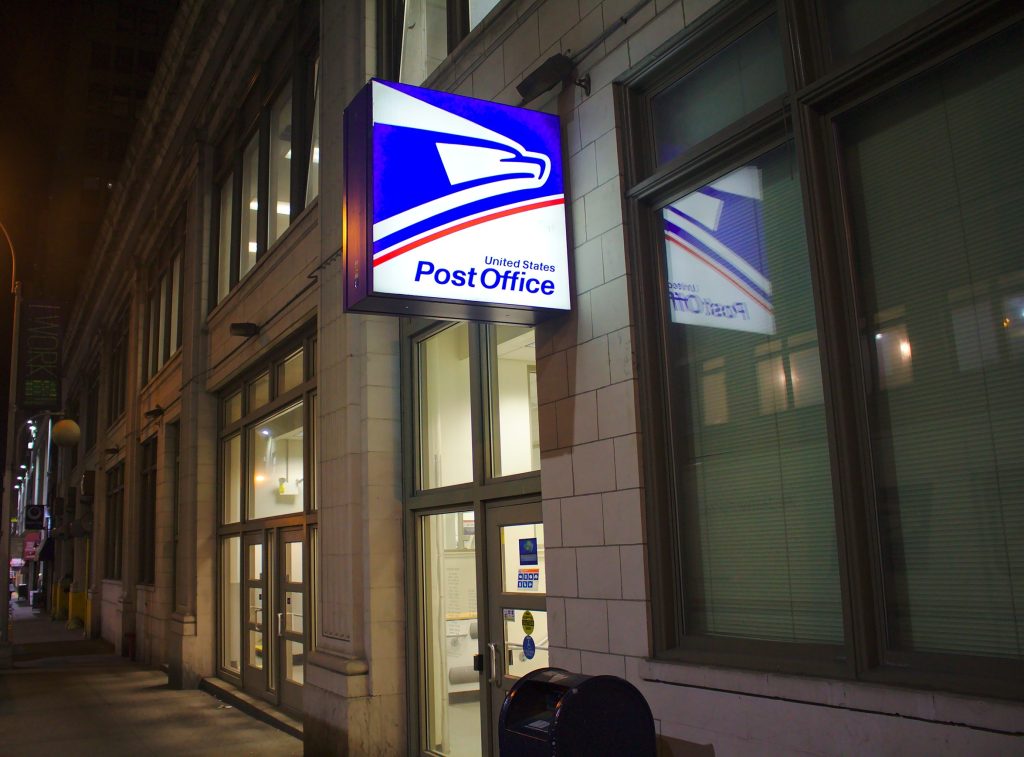 In the bustling corridors of the U.S. Postal Service in Istrouma, Louisiana, a tale of workplace strife and legal intricacies unfolded. Catherine J. Valdry, a dedicated mail carrier, found herself entangled in a web of allegations against her supervisor, Clifton Maryland, a Customer Service Manager. What began as a refusal to join Maryland on a fishing trip soon spiraled into an alleged hostile work environment, as Valdry claimed she faced emotional distress and aggressive conduct. When she summoned the courage to report Maryland’s behavior, the situation took a turn for the worse, with ominous warnings and intensified micromanagement. Valdry’s pursuit of justice led her to the courtroom, where she aimed to prove her case, facing the challenging task of establishing a retaliatory hostile work environment. This article delves into the legal intricacies of her journey, from the district court’s initial ruling to the appellate court’s ultimate decision, which ultimately declared the case moot.
In the bustling corridors of the U.S. Postal Service in Istrouma, Louisiana, a tale of workplace strife and legal intricacies unfolded. Catherine J. Valdry, a dedicated mail carrier, found herself entangled in a web of allegations against her supervisor, Clifton Maryland, a Customer Service Manager. What began as a refusal to join Maryland on a fishing trip soon spiraled into an alleged hostile work environment, as Valdry claimed she faced emotional distress and aggressive conduct. When she summoned the courage to report Maryland’s behavior, the situation took a turn for the worse, with ominous warnings and intensified micromanagement. Valdry’s pursuit of justice led her to the courtroom, where she aimed to prove her case, facing the challenging task of establishing a retaliatory hostile work environment. This article delves into the legal intricacies of her journey, from the district court’s initial ruling to the appellate court’s ultimate decision, which ultimately declared the case moot.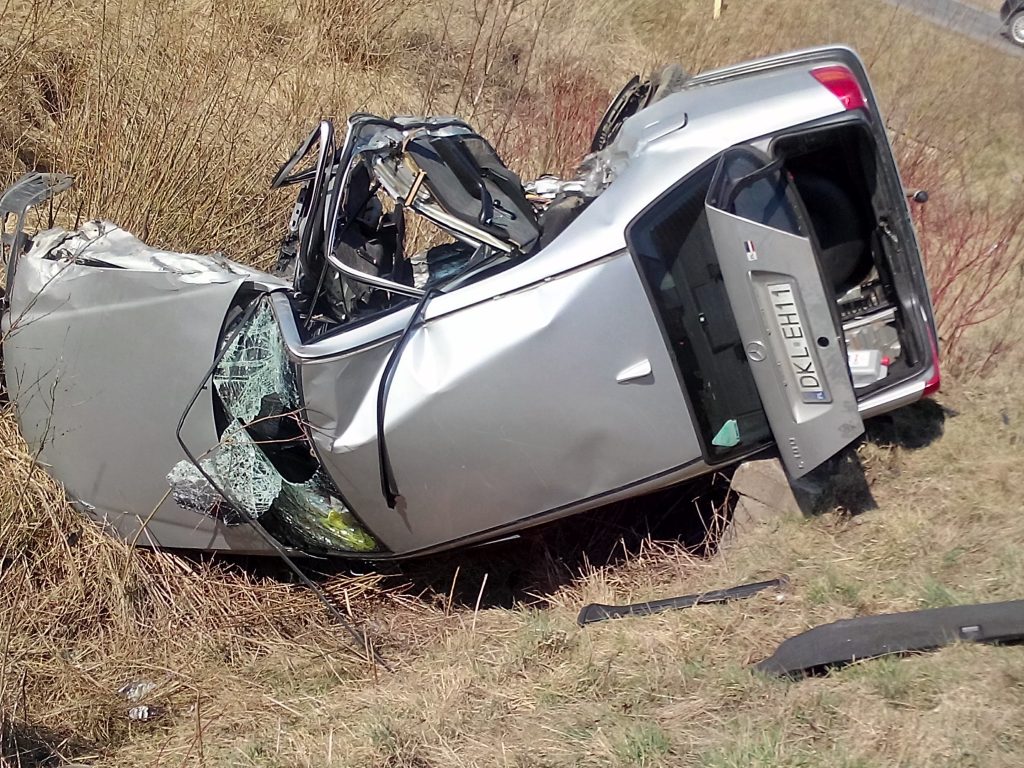 Why would you appeal a judgment when the jury ruled in your favor? The following case involves a situation where the jury ruled in favor of an injured person, and he was awarded substantial damages. Still, instead of basking in the glow of victory, he chose to appeal the judgment. Why would anyone appeal when the scales of justice have tilted in their favor? The answer to this question lies in the intricate dance of legal strategy, discretion, and the quest for justice. Let’s delve into Kupke’s case to unravel why one would appeal a judgment even when the jury ruled in their favor.
Why would you appeal a judgment when the jury ruled in your favor? The following case involves a situation where the jury ruled in favor of an injured person, and he was awarded substantial damages. Still, instead of basking in the glow of victory, he chose to appeal the judgment. Why would anyone appeal when the scales of justice have tilted in their favor? The answer to this question lies in the intricate dance of legal strategy, discretion, and the quest for justice. Let’s delve into Kupke’s case to unravel why one would appeal a judgment even when the jury ruled in their favor. Although money can never replace a loved one, if you find yourself in the tragic aftermath of a loved one’s death, you might be looking to recover damages from the responsible parties. However, the process of recovering damages can be difficult and emotionally charged. This is especially true if an insurance policy is involved and the insurer argues it is not required to provide coverage.
Although money can never replace a loved one, if you find yourself in the tragic aftermath of a loved one’s death, you might be looking to recover damages from the responsible parties. However, the process of recovering damages can be difficult and emotionally charged. This is especially true if an insurance policy is involved and the insurer argues it is not required to provide coverage.  Automobile insurance policies can help compensate you if you are injured in a car accident. However, it is essential to be aware of potential policy exclusions that limit what you are entitled to recover. This is especially true with uninsured/underinsured motorist (“UM”) insurance because an insurer is allowed to have exclusions, such as the exclusion of vehicles covered by the insurance policy.
Automobile insurance policies can help compensate you if you are injured in a car accident. However, it is essential to be aware of potential policy exclusions that limit what you are entitled to recover. This is especially true with uninsured/underinsured motorist (“UM”) insurance because an insurer is allowed to have exclusions, such as the exclusion of vehicles covered by the insurance policy.